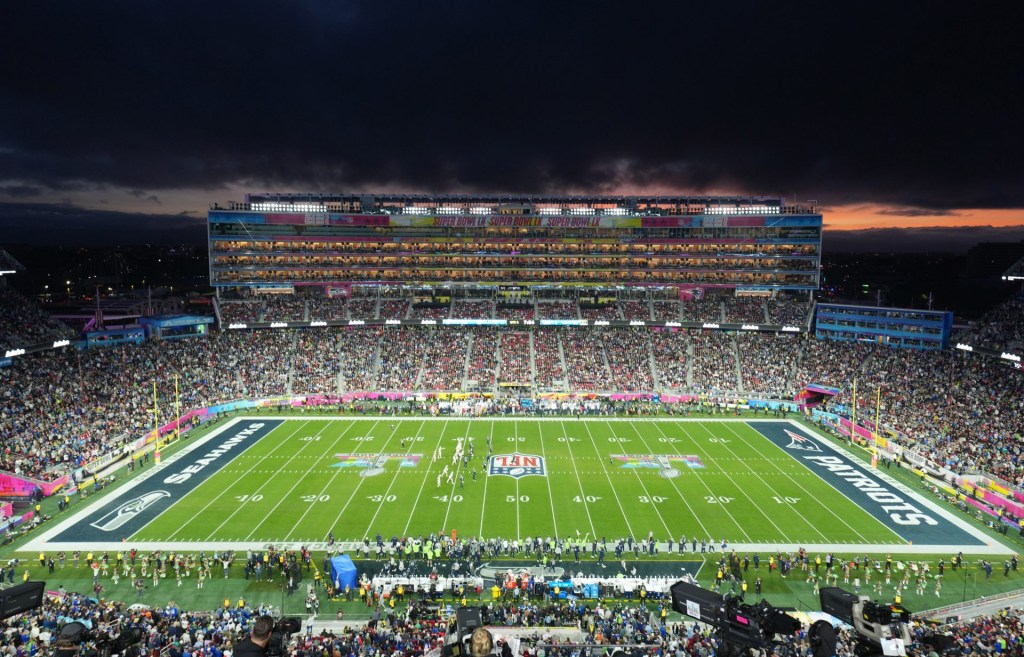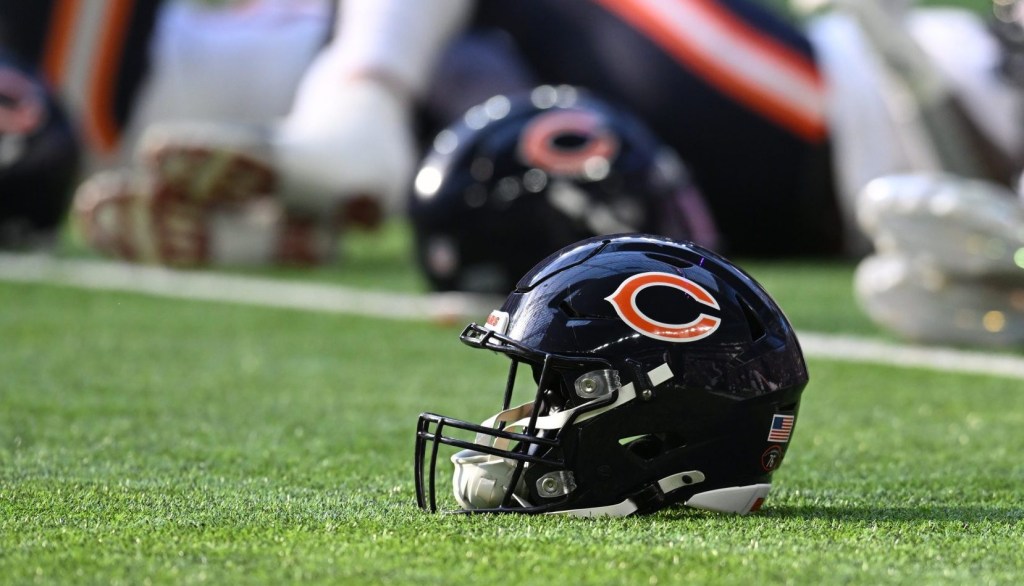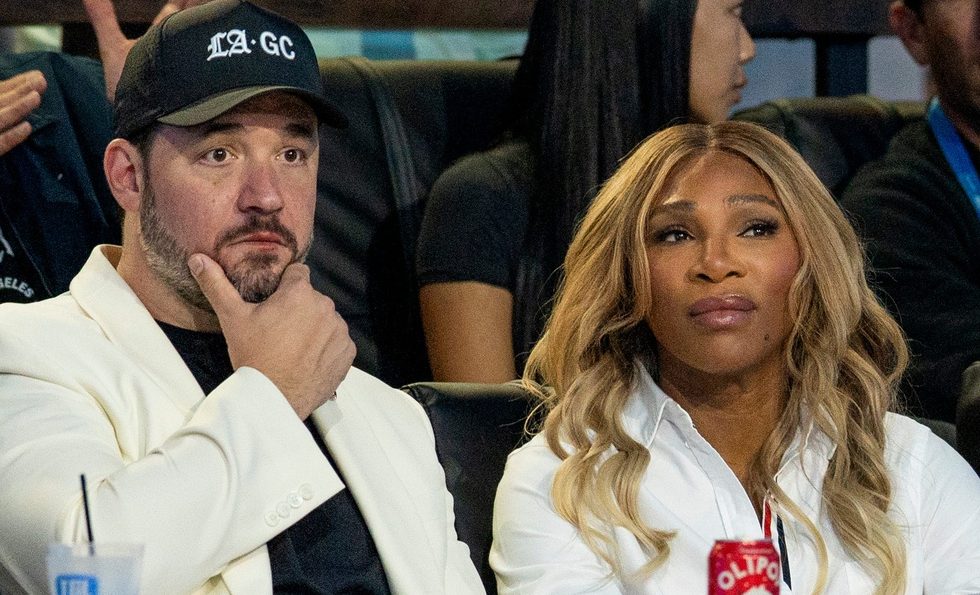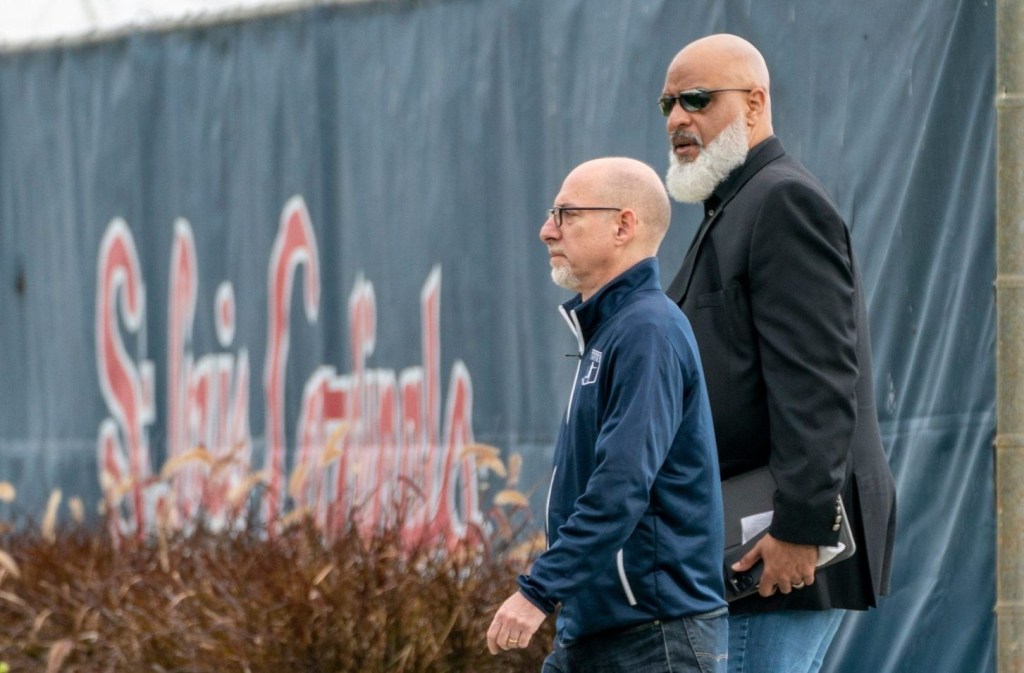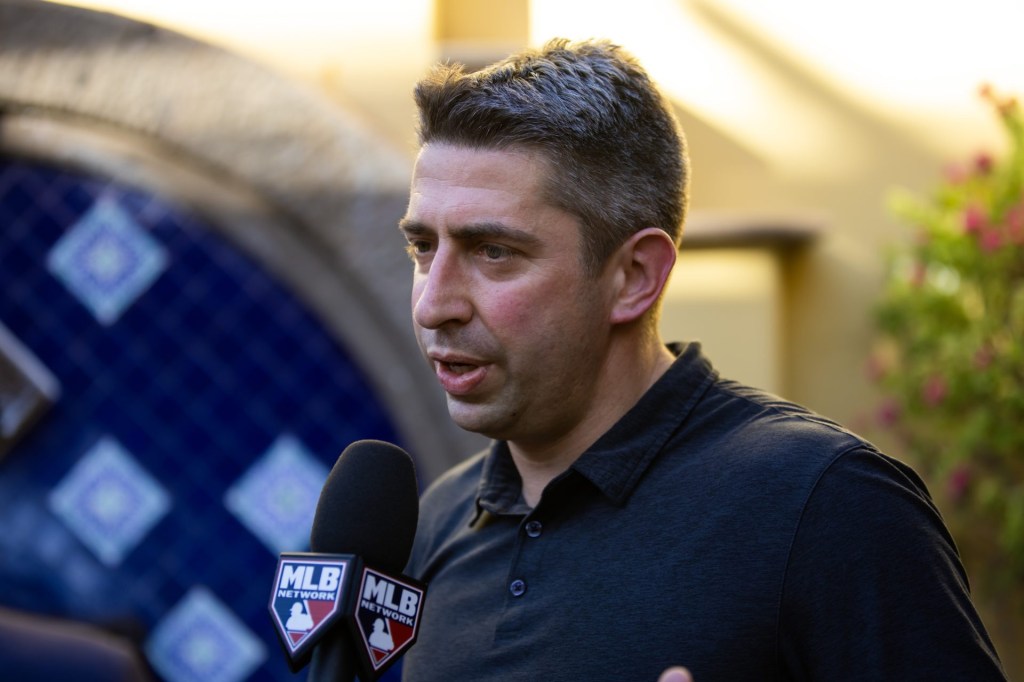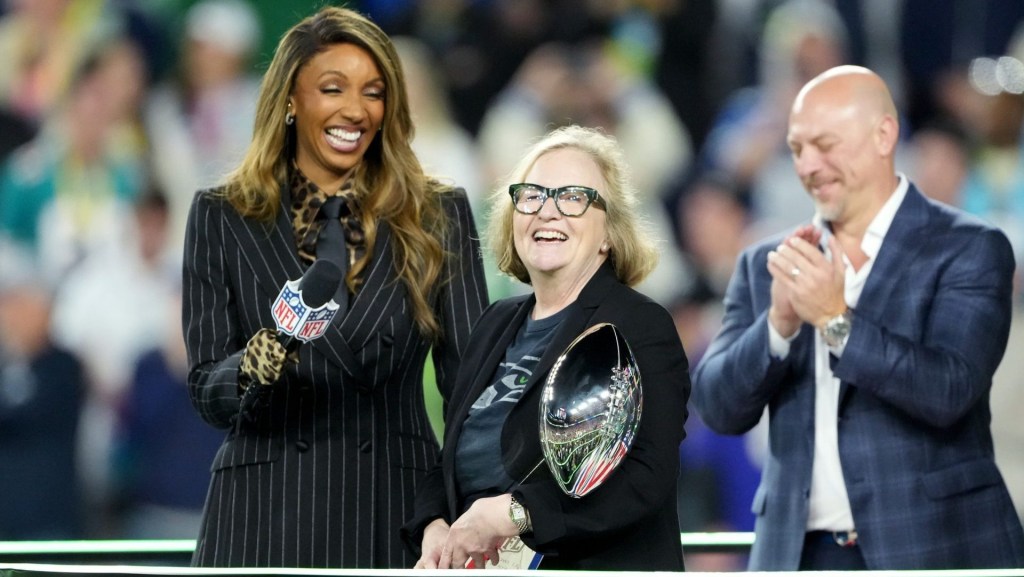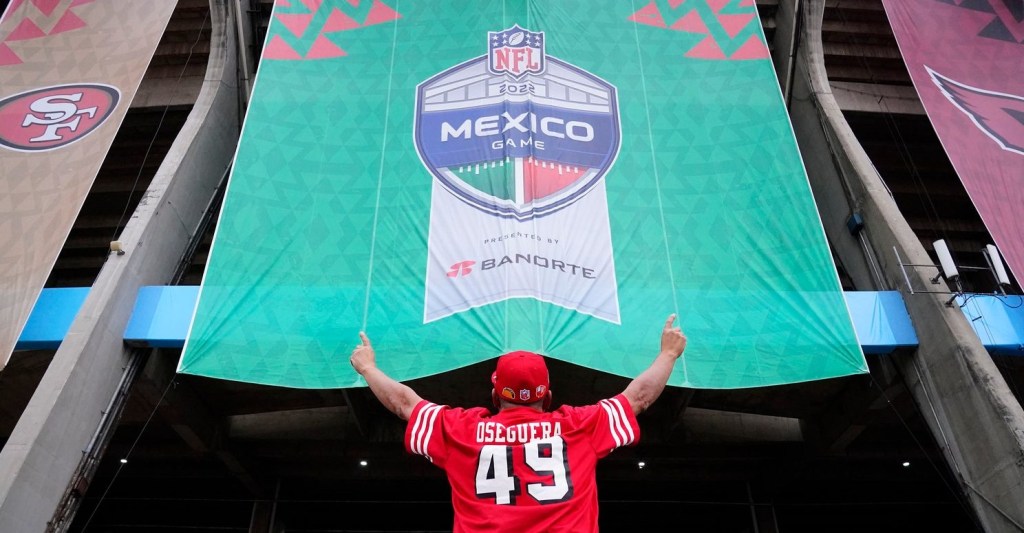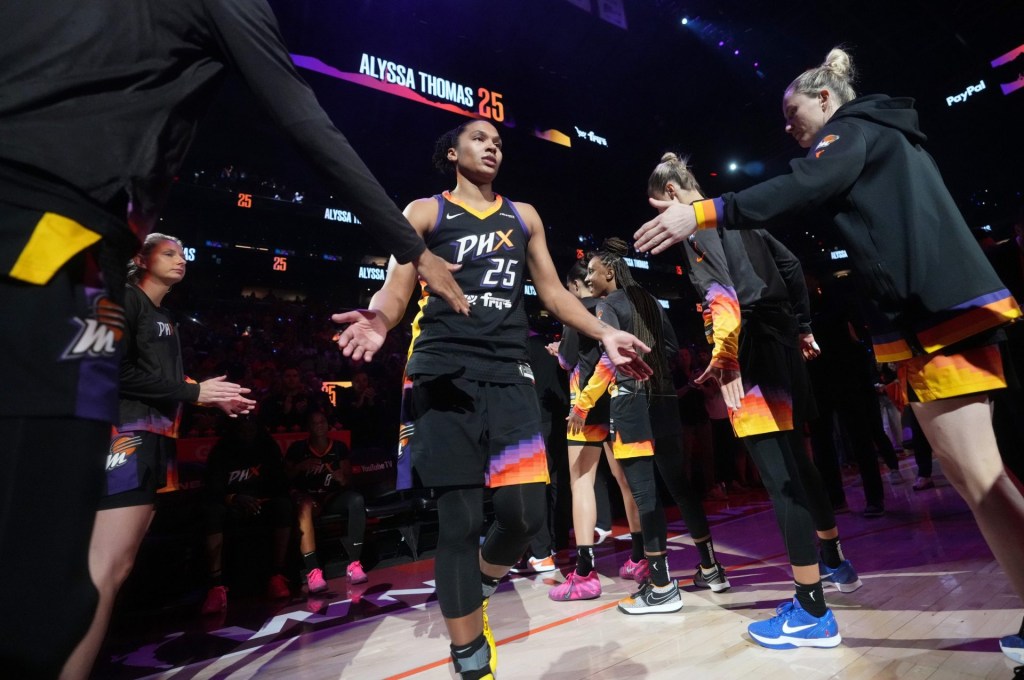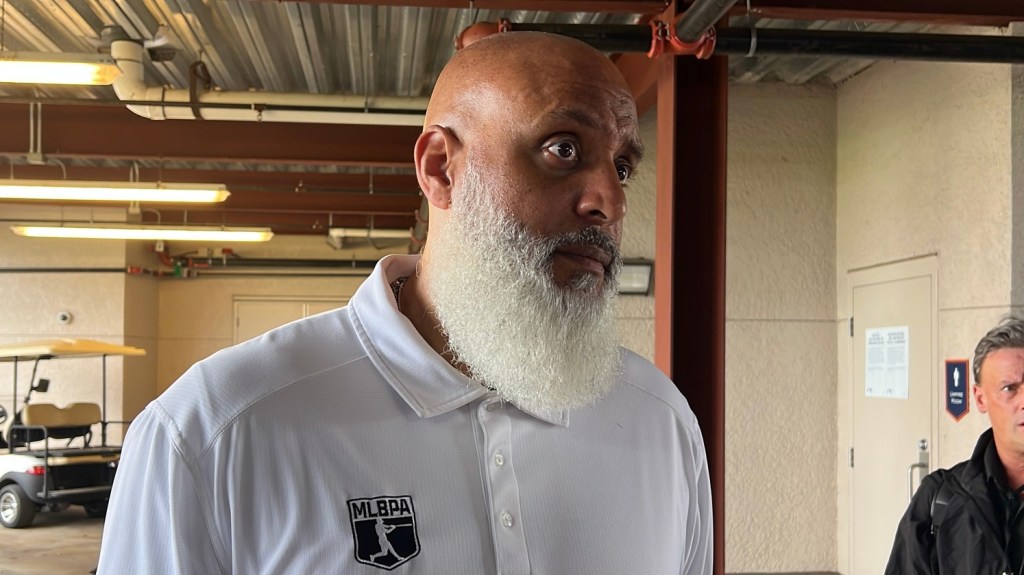IRVING, Texas — As Walmart, Ford, Boeing, and other companies have scaled back their diversity, equity, and inclusion policies in recent months amid backlash from conservatives, the latest front office accelerator program—one aimed at increasing minority and women representation in front offices around the league—took place as scheduled at the NFL’s winter meeting this week.
“We didn’t get into this because it was a trend, and we’re not getting out of it because it’s a trend,” NFL commissioner Roger Goodell said after the latest league meetings concluded Wednesday. “We’re in it because it makes the NFL better.”
A cynic would say coaching and front office accelerator programs were created in response to Brian Flores’s 2022 racial discrimination lawsuit and the timing fits that narrative. But the NFL’s stance toward DEI comes in stark contrast to how it handled the peaceful protests led by Colin Kaepernick and other players to draw attention to racial injustice and police brutality. The league’s response back then led to a lot of heat from the same part of the political spectrum in 2016 that is crusading against diversity initiatives now.
“That is something that we see as a part of our history,” NFL senior VP and chief diversity and inclusion officer Jonathan Beane told Front Office Sports. “It’s not something where we try to step away from and act like it didn’t happen. I think one is we see that, and we utilize a trying period, which 2016 was, and then use that to make us better as a league.”
That’s not to say the NFL won’t change some verbiage around what it calls its diversity programs since DEI has become a four-letter word to some. The most profitable sports league in the world didn’t get there by having bad marketing after all. On that note, Beane said the public’s “perception of the NFL has gone up … because of a lot of the really hard work done as it relates to inclusion.”
Shifting focus
When Fritz Pollard Alliance Foundation was founded by attorneys Cyrus Mehri and Johnnie Cochran Jr. in 2003 to advocate for more diversity in the NFL coaching ranks, the league had one Black head coach and only six overall in its history. Executive director Rod Graves said he senses there’s “an adjustment that’s going on” in how many view diversity initiatives like the very one the organization pushed for back in 2003 that led to the creation of the Rooney Rule. The rule—which mandates teams interview candidates from diverse backgrounds—has since expanded from head coach openings to include other coaching and front office positions.
“What we saw the last several years was a deserving look at the imbalance,” said Graves, a former longtime NFL team executive. “Maybe that focus is going to shift to fair processes, not seeking results in any particular direction. We’re not as focused as much on Blacks or people of color in particular, but rather whether the processes are open, fair and equitable. I think that that’s a medium ground and—as long as we can stay focused—that part has plenty of room for all areas to benefit.”
The uproar over the kneeling and the rhetoric from Donald Trump during his first presidential run didn’t actually impact viewership much in 2016. TV ratings recovered and have been on an upward trajectory since. Plus, the social-media-fueled furor over DEI is about 10 decibels lower than what the league dealt with eight years ago. But that doesn’t mean the NFL isn’t a target.
In February, Trump policy advisor Stephen Miller filed a complaint with the U.S. Equal Employment Opportunity Commission where he asked for the EEOC to investigate the league’s DEI practices.
“The U.S. Supreme Court last year issued a ruling that restricted race-conscious college admissions,” America First Legal, a right-leaning nonprofit founded by Miller, said in a June statement. “At least 30 states have passed or introduced legislation that eliminates or restricts DEI initiative. And in corporate America, anti-DEI backlash has gained steam. How’s this playing out in the high-profile NFL?”
There’s no indication the EEOC has taken action against the NFL.
What the numbers say
And while about half of league and team personnel are people of color and women, there’s still a long way to go before the coaching and top-level front office ranks come close to the diversity seen among players. About 53% of players are Black, only 24% of executives, nine of 32 NFL head coaches, and one offensive coordinator are people of color, according to data released this week by the NFL.
“People who are close to the game all acknowledge the fact that there is a lot of work that still needs to be done,” Graves said. “I don’t know that anyone is comfortable with where we are, particularly on the offensive side with the lack of opportunities for people of color, especially in coordinator roles. There’s a lot of room for improving the processes.”
Tracking diversity data is crucial to judging how effective the league’s initiatives are performing. The latest tranche collected at the start of the current season revealed:
- The number of women in coaching and football operations jobs increased 187% between 2020 and 2024. Women make up 2% of coaching roles in the NFL, a figure that was unchanged from last season.
- The percentage of coaches from diverse backgrounds declined by one percentage point to 42%. The most noticeable drop came among offensive coordinators: from five to one (Mike Kafka of the Giants, who is Hispanic).
- The number of team presidents who are people of color (six) remains unchanged, while the team presidents who are people of color dipped from 10 last year to eight in the current survey.
Such data is crucial to researchers like University of Wisconsin accounting professor Ivy Feng, who has studied the impact of diversity initiatives in the mortgage lending industry.
“Fifteen years ago, there were about 40% of lenders in our sample who had DEI policies,” Feng said. “By 2021-2022, it was more like 90%. In the past decade, there was a steady increase in firms adopting DEI. Have practices reached a point where everything just takes a turn? I don’t know. … We’re in a tricky time where we’ve started seeing the trend of these companies pulling out of the DEI practice.”
DEI-related jobs posted on Indeed increased by 115.5% between November 2020 and November of this year, according to data provided by the jobs site. But the pace had slowed more recently with only a 12.7% increase in DEI job postings between November 2023 and last month as reports of companies adjusting (or scrapping) diversity initiatives picked up steam.
One reason the NFL is reluctant to pull back its efforts is how it could impact its international expansion efforts. Starting next season, the league could have as many as eight international games, not counting the Jaguars’ annual game at London’s Wembley Stadium. Only European locations have been announced for 2025 so far—including the first regular-season game in Berlin announced last week—but there will be at least one game in Latin America, a source told FOS.
“We’re looking for reach and growth as a league,” Beane said. “We’re looking to grow flag football. We’re looking to grow internationally and be a true global brand. In order to do that, we’re going to continue to focus on developing our people, whether it’s having marketing that is welcoming and inclusive, using the league as a unifier—a platform to welcome all of us to the game of football.”



